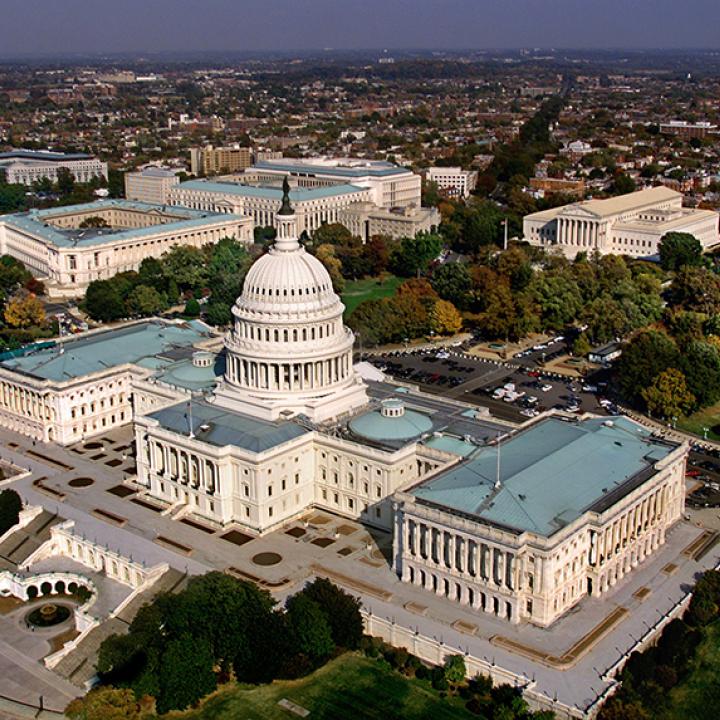

By dramatically increasing its sponsorship of terrorism and cementing its partnership with Hezbollah in Syria, the Iranian regime is posing more of a threat to regional and international security than ever.
Washington Institute fellow Matthew Levitt addressed a joint hearing of the House Subcommittee on Terrorism, Non-Proliferation and Trade and the Subcommittee on the Middle East and North Africa. The following is an excerpt from his prepared remarks; download the PDF to read more, or watch video of the full hearing.
Over the past few years, Iran's state sponsorship of terrorism has increased dramatically to levels not seen since the late 1980s and early 1990s. Some of this is terrorism carried out by the regime's own operatives from the Islamic Revolutionary Guard Corps Qods Force, and some by the regime's closest militant ally, Hezbollah. Events in Syria today have further cemented this partnership, with dire consequences for regional and international security.
Even under the regime of President Rouhani, and even as Tehran engages in the P5+1 talks over its nuclear program, Iran continues to engage in these types of activities itself and sponsors the efforts of its partners. It does this because, time and again, it has found such activities both effective and financially and politically inexpensive. Moving forward, Washington and its allies -- within the P5+1 and beyond -- must find credible ways of communicating to Iran that continuing to engage in such activities will incur a heavy price. In the context of current events, that will be very difficult to do. Failure to do so, however, guarantees a far less stable region...
House Committee on Foreign Affairs




